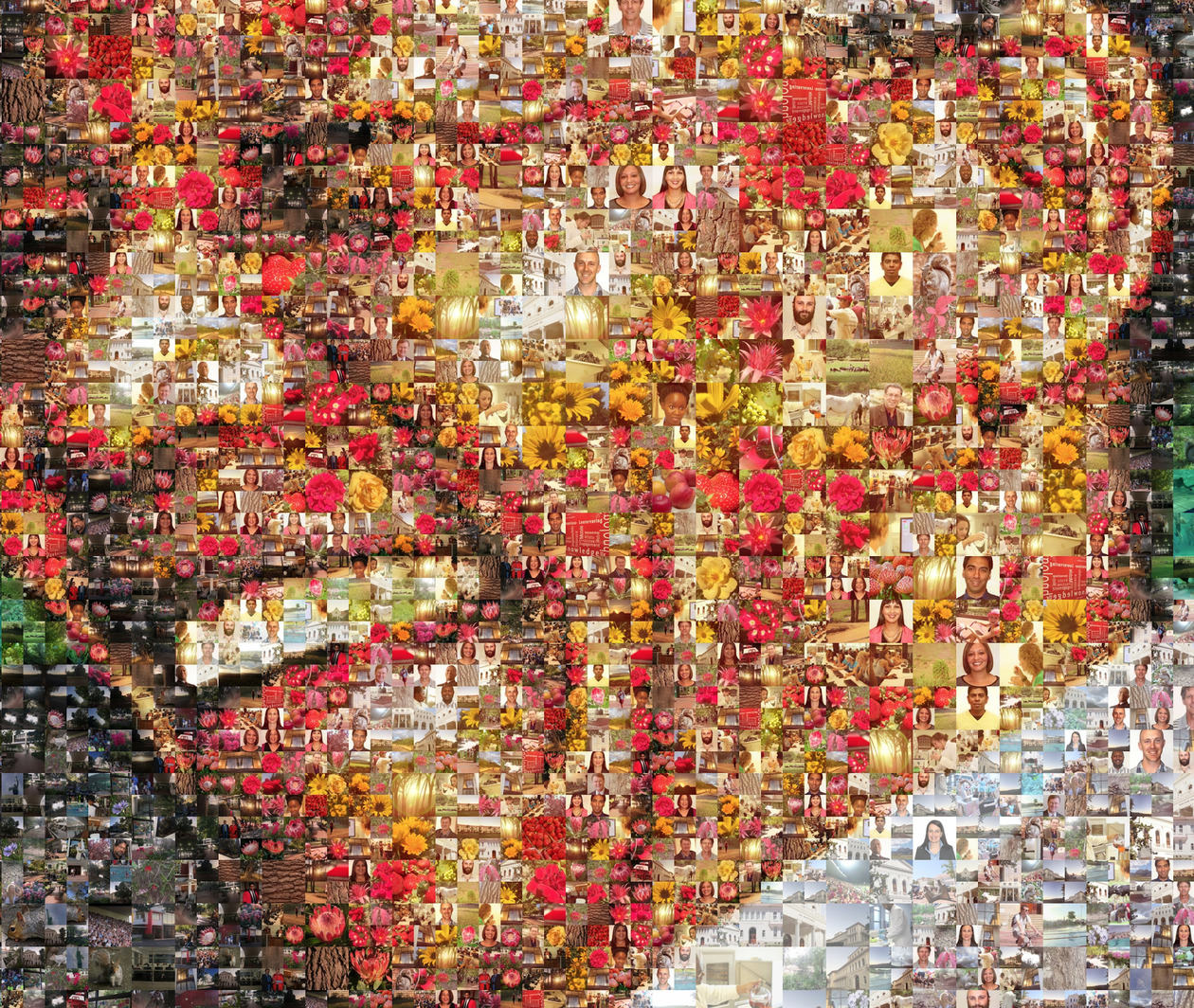
Duration
4 weeksWeekly study
2 hours
Teaching for Change: An African Philosophical Approach
Other courses you might like
This course isn't running right now. We can email you when it starts again, or check out these other courses you might like.
Browse more in Teaching
African philosophy of education has emerged as an educational challenge for many involved in contemporary education. In this course you’ll learn more about this philosophy, why it’s being examined, how it potentially responds to teaching and learning and what can be done to improve education in a just manner. Our focus on pedagogical encounters (more specifically teaching and learning) is one way in which we contend major problems on the continent can be resolved educationally.
Analysing African philosophy of education
To understand the nature of African philosophy education first we will examine its primary aspects: that is, interpreting its underlying philosophy of education. You’ll develop your critical capacities and skills as we explore these ideas and elucidate work from different African philosophers in relation to education. Our contention is that African philosophy of education has something to offer in order to resolve major problems on the continent.
Understanding and being responsive to the education from an African perspective
By using selected case studies and conceptual clarifications in relation to landmark events in recent African history, you’ll learn about how education in Africa currently unfolds in particular regarding the challenges that confront it. You’ll also get a sense of the problems the African continent faces and then how African philosophy of education can be used to respond to these problems.
Learning about achieving justice in Africa
African societies are often characterised by high levels of inequality, poverty, human suffering and inhumanity. In the final part of the course we’ll contemplate as to how these problems might be resolved with the application of different spheres of justice, namely, moral, compassionate and restorative - those educational aspects of justice that has emerged as significant action concepts to minimise and alleviate human contestation, insecurity and suffering.
What topics will you cover?
- African thinking and doing: A way of practicing philosophy of education
- Educational encounters as forms of human engagement through an examination of case studies
- Moral, compassionate and restorative justice in relation to defensible African education
- Teaching and learning in the context of change
- Ethno-philosophy and communitarian philosophy of education in relation to Ubuntu and justice
- Identification of major problems on the African continent and an examination of their implications for African education
Learning on this course
On every step of the course you can meet other learners, share your ideas and join in with active discussions in the comments.
What will you achieve?
By the end of the course, you‘ll be able to...
- Apply critical understanding of teaching and learning in an African context
- Assess thinking and doing in relation to education on the African continent
- Assess African understandings of education in relation to teaching and learning
- Explore justice through and within African education
- Analyse societal problems in relation to teaching and learning
- Assess problems analysing education
- Apply cultural reasoning and critique in resolving educational problems
- Apply Ubuntu citizenship in combatting xenophobia
- Apply Ubuntu justice in remedying conflict and violence in African societies
Who is the course for?
There are no special requirements for this course but an interest in education, philosophy or Africa might be beneficial.
Who will you learn with?
Distinguished professor and analytic philosopher of education at Stellenbosch University in South Africa. Research interests are in African philosophy of education, and democratic citizenship pedagogy
Learning on FutureLearn
Your learning, your rules
- Courses are split into weeks, activities, and steps to help you keep track of your learning
- Learn through a mix of bite-sized videos, long- and short-form articles, audio, and practical activities
- Stay motivated by using the Progress page to keep track of your step completion and assessment scores
Join a global classroom
- Experience the power of social learning, and get inspired by an international network of learners
- Share ideas with your peers and course educators on every step of the course
- Join the conversation by reading, @ing, liking, bookmarking, and replying to comments from others
Map your progress
- As you work through the course, use notifications and the Progress page to guide your learning
- Whenever you’re ready, mark each step as complete, you’re in control
- Complete 90% of course steps and all of the assessments to earn your certificate
Want to know more about learning on FutureLearn? Using FutureLearn
Do you know someone who'd love this course? Tell them about it...
You can use the hashtag #FLteachingforchange to talk about this course on social media.
